hello.
tired of doomscrolling?
let me suggest some topics to research whenever you feel the urge to open up a social media app or fall into an infinite scroll session that leads to a deep depression.
many of these topics are essays i’ve written sitting in my drafted, unedited because they’re full of fragmented thoughts that need further revising and tending to, but alas, let me share them with you so you, too, can find ways to stimulate your brain.

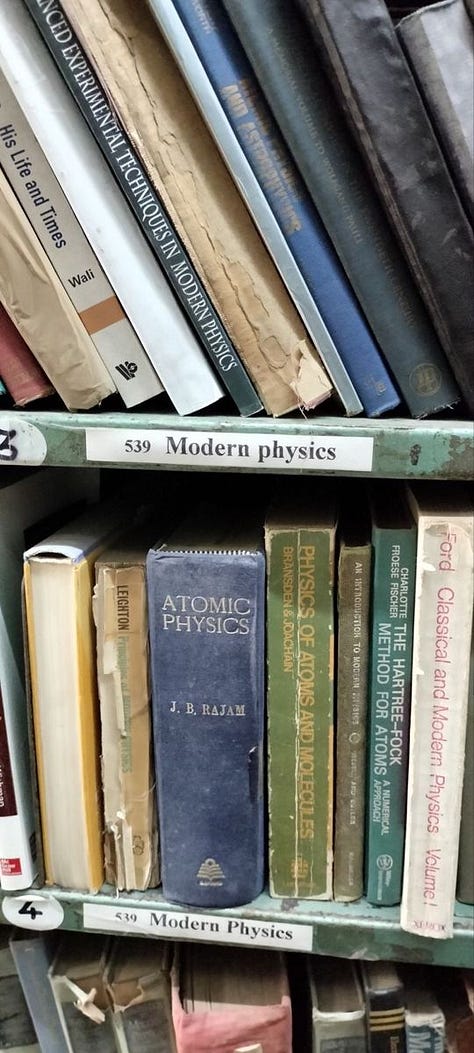


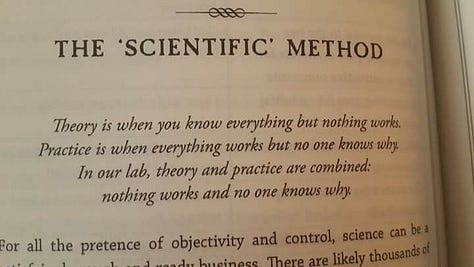
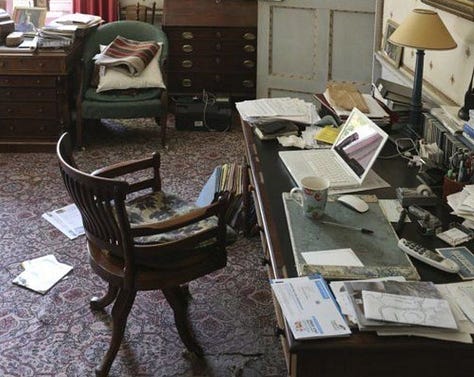
topics to research for smart people in a hurry:
the philosophy of time and its perception in literature and science
the relationship between existentialism and loneliness in the works of kierkegaard, camus, and dostoevsky
the philosophy of taste: what makes something delicious, and how does memory, culture, and personal experience shape our relationship to food?
the role of dreams in the writings of clarice lispector and fernando pessoa
the evolution of feminist philosophy from simone de beauvoir to silvia federici
chess as a metaphor in literature and film: how the game symbolizes power dynamics, fate, and the battle between chaos and order.
the paradox of overconsumption and its psychological effects in contemporary society
how nostalgia influences taste: why we crave foods from childhood, and how emotional memory shapes what we eat.
the intersection of neuroscience and consciousness—thought, memory, and identity through science and philosophy
the history and cultural impact of minimalism as both an aesthetic and a form of rebellion
the art of aphorisms, focusing on emil cioran, nietzsche, and pessoa
the ethics of artificial intelligence and its implications for autonomy, freedom, and creativity
phantom smells and the brain: the phenomenon of olfactory hallucinations and how scent ties into memory, emotion, and perception.
the literary and philosophical themes of winter as a season of reflection, decay, and quiet defiance
the role of silence in philosophy, religion, and literature—why we seek it and fear it
the role of intuition vs. logic in chess: how players balance instinctive moves with calculated strategies, and what it reveals about human cognition.
the cultural significance of soup: from restorative broths to symbolic meals, soup exists at the intersection of comfort, ritual, and survival
the psychology of isolation in literary works like notes from underground and the hour of the star
the cultural history of melancholia, from its medical origins to its romanticized portrayal in art and literature
the philosophical implications of infinity—how mathematics, science, and philosophy grapple with the unknown
the tension between aestheticism and morality in literature, particularly in the picture of dorian gray and either/or
the history of book banning and censorship and how it reflects societal fears and power dynamics
signature scents and identity: why people attach themselves to “signature perfumes” and how fragrance becomes an extension of self-expression
the science of memory and its unreliable nature—how it shapes identity, trauma, and storytelling
the rise and fall of intellectual movements like structuralism and postmodernism
the psychology of ritual and its connection to human meaning-making, from ancient traditions to modern routines
the uncanny in art, literature, and film—how the familiar becomes strange and unsettling
the sociology of solitude—how different cultures and eras have viewed and valued being alone
the allure of niche perfumes: how artisanal, unconventional fragrances are redefining the industry and breaking away from mainstream “mass appeal” scents
the connection between decay and beauty in art, architecture, and nature
the influence of historical plagues and pandemics on societal structures, art, and literature
the role of allegory in literature, from medieval morality plays to kafka’s the trial
the impact of quantum physics on modern philosophy, particularly theories of reality and perception
the interplay between chaos and order in nature, mathematics, and human creativity
the portrayal of moral ambiguity in literary characters, particularly in dostoevsky, tolstoy, and camus
the history of aphoristic writing and its enduring influence as a philosophical form
the concept of “the sublime” in art, literature, and nature—how it evokes both awe and existential fear
the psychology of desire and obsession in literature and film
the philosophical implications of living a “little life” in a society obsessed with productivity and spectacle
books for high-achieving students seeking academic depth and intellectual growth
the order of time by carlo rovelli
a poetic exploration of the nature of time, blending physics, philosophy, and literature.
the myth of sisyphus by albert camus
a philosophical essay examining absurdity and the human struggle for meaning in an indifferent universe.
fear and trembling by søren kierkegaard
an exploration of faith, ethics, and existential anxiety through the lens of the biblical story of abraham and isaac.
the phenomenology of spirit by g.w.f. hegel
a complex but rewarding examination of consciousness, history, and self-awareness.
the birth of tragedy by friedrich nietzsche
a foundational text linking art, philosophy, and the human condition through the lens of greek tragedy.
the poetics of space by gaston bachelard
a lyrical and philosophical meditation on how we experience intimate spaces.
being and nothingness by jean-paul sartre
a cornerstone of existential philosophy, exploring human freedom, consciousness, and the complexities of self-definition.
the fabric of reality by david deutsch
a mind-bending exploration of quantum physics, multiverse theory, and the nature of reality itself.
meditations by marcus aurelius
a timeless collection of stoic reflections on life, resilience, and the pursuit of virtue, written by a roman emperor.
the elegant universe by brian greene
a fascinating dive into string theory and the quest to understand the fabric of reality.
the emperor of all maladies by siddhartha mukherjee
a sweeping "biography" of cancer, blending history, science, and personal stories to illuminate the fight against one of humanity's greatest challenges.
the tao of physics by fritjof capra
a poetic comparison of eastern mysticism and western science, revealing unexpected parallels between ancient wisdom and modern physics.
the man who mistook his wife for a hat by oliver sacks
a fascinating collection of neurological case studies, exploring the mysteries of the human brain and mind.
the song of the cell: an exploration of medicine and the new human by siddhartha mukherjee this book about the cell’s role as the building block of life and how cellular advancements are transforming our understanding of health, identity, and humanity's future.
okay, that’s all i have for you today. replace your scrolling with topics and ideas that will change your brain chemistry.
happy studying.
if you’re not ready to become a paid subscriber and you have the capacity to leave a tip, that would be so appreciated.
i love you.
bye.




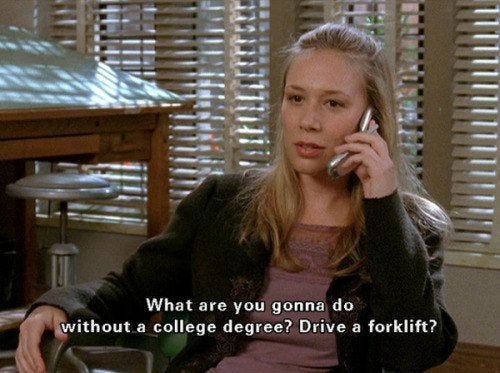
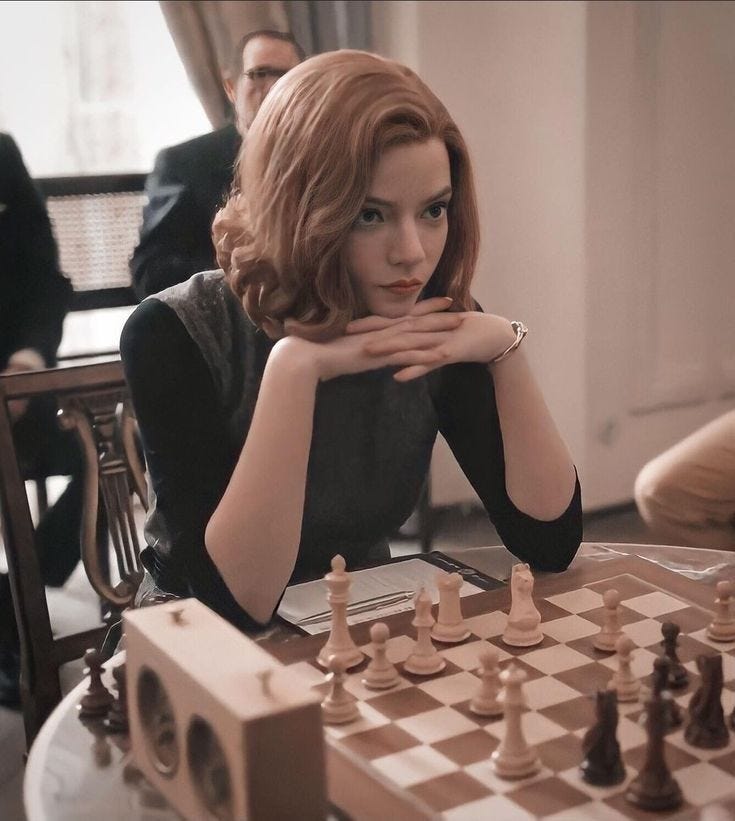
A bit dramatic of me, but for a moment, I felt tears in my eyes before I even read the first three. Things like this, the pursuit and acquisition of knowledge, give me a reason to live. Thank you for this!
(And thank you for making this free <3)
for anyone interested in this one: "the concept of “the sublime” in art, literature, and nature—how it evokes both awe and existential fear"
check out this article that defines the concept of sublimity in relation to Beethoven's work
https://www.bostonreview.net/articles/dmitri-tymoczko-sublime-beethoven/
"Sublimity... involves a more ambivalent sort of appreciation, in which the route of our pleasure passes through fear. Safe at home, we look out the window at a violent storm. Sensing the danger, adrenaline starts to rush through our bodies; yet we still enjoy the experience because at some level we know that we are safe. Too much danger, and we begin to feel genuine terror; too little danger, and we enter the realm of the (merely) beautiful."
It talks about the concept of the sublime, using Edmund Burke's Philosophical Enquiry into the Origin of our Ideas of the Sublime and Beautiful as a references, and then goes on to analyze Beethoven's work.
On a related note, I just saw Nosferatu last night and I would categorize that film as sublime.